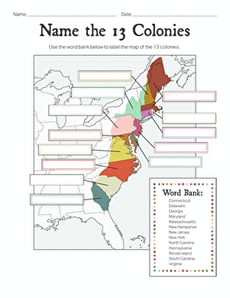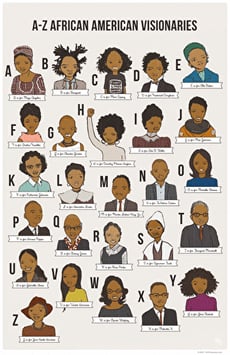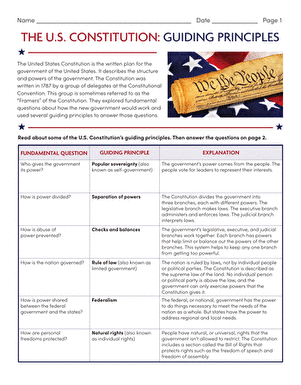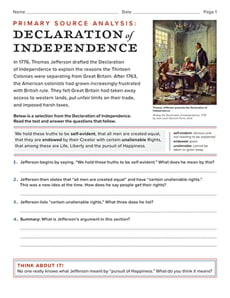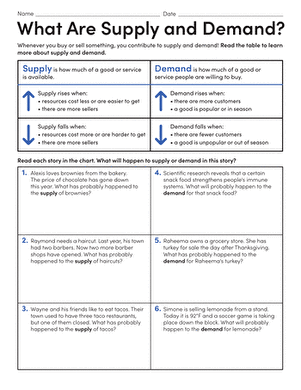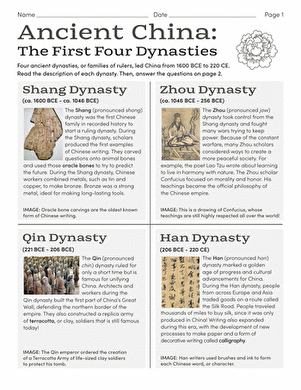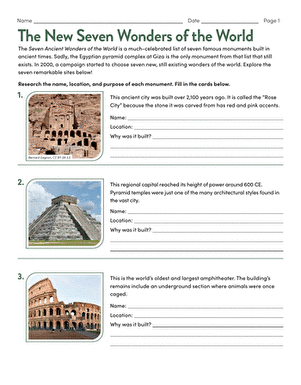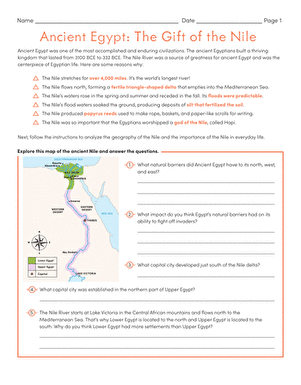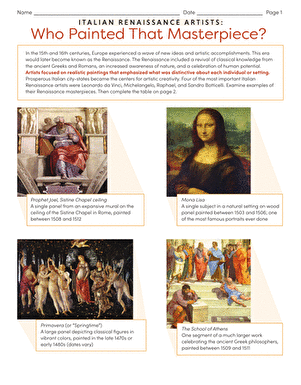Middle School Social Studies Resources
About Middle School Social Studies Resources
On Education.com, middle school social studies resources provide engaging, standards-aligned lesson plans, interactive activities, worksheets, and primary source analysis materials that make studying history, civics, geography, and culture accessible and meaningful. These resources include hands-on experiments, interactive maps, and critical thinking exercises that bring social studies to life for students and educators alike. By using these teacher-curated materials, students develop a deeper understanding of historical events, geographic concepts, and civic principles.
Discover a wide variety of printable worksheets, digital simulations, learning games, and exploration activities on Education.com, designed specifically for middle school social studies students. Materials cover subjects such as ancient civilizations, U.S. history, world geography, government structures, and cultural studies. Structured to support classroom instruction and homework practice, these resources provide clear objectives, engaging content, and practical assessment tools.
Using these social studies resources in the classroom or at home helps educators and parents save time while delivering high-quality, interactive education. With materials that promote interactive learning, research skills, and critical discussion, students can explore the past and present in an engaging way that encourages curiosity and civic awareness.
Discover a wide variety of printable worksheets, digital simulations, learning games, and exploration activities on Education.com, designed specifically for middle school social studies students. Materials cover subjects such as ancient civilizations, U.S. history, world geography, government structures, and cultural studies. Structured to support classroom instruction and homework practice, these resources provide clear objectives, engaging content, and practical assessment tools.
Using these social studies resources in the classroom or at home helps educators and parents save time while delivering high-quality, interactive education. With materials that promote interactive learning, research skills, and critical discussion, students can explore the past and present in an engaging way that encourages curiosity and civic awareness.
